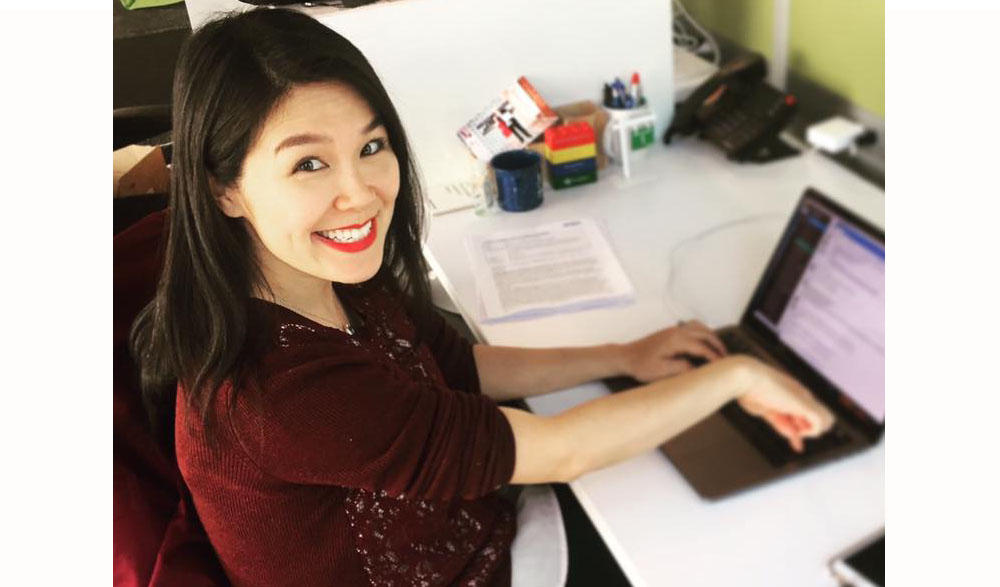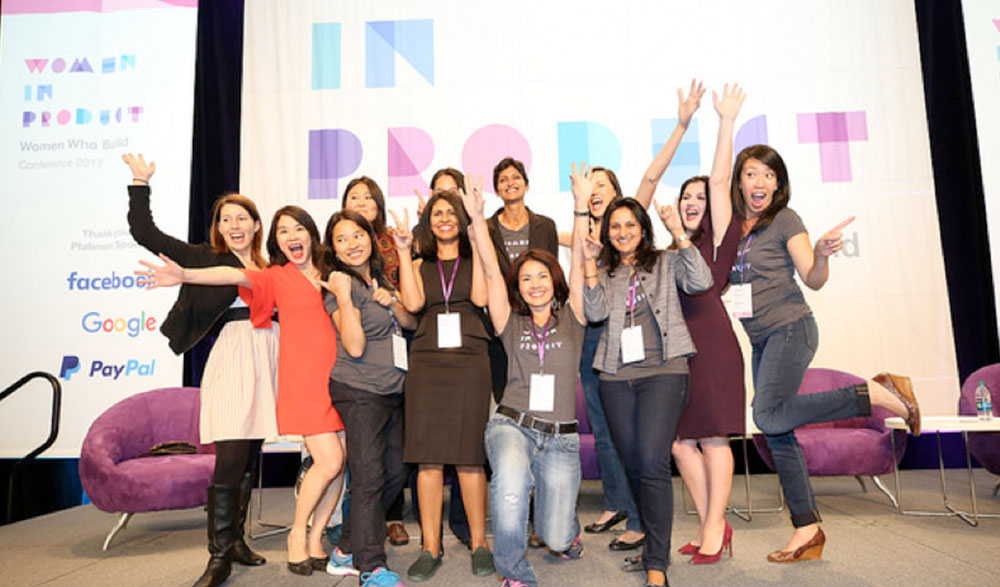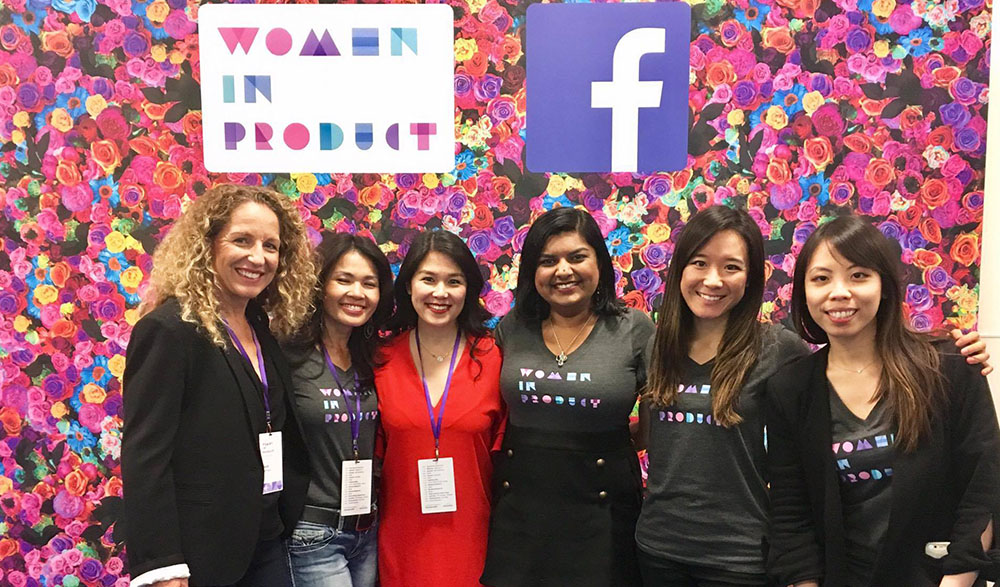General Manager of Trulia Rentals, Yardley Ip, has long advocated for women in tech. She’s the co-founder of a nonprofit focused on growing diversity in product management, she’s a mentor for Sequoia Capital’s Ascent program for women in tech and more. Learn how Yardley became an advocate for women in product and tech, and what she thinks the future holds:
How did you get started in tech?
My calculus high school teacher, Mrs. Steinberg, encouraged me to learn more about engineering around the 10th grade. She set me up on a field trip to visit the UC Davis engineering program, where I saw students making radios with their bare hands. I was blown away and was instantly set on pursuing a career in engineering.
If it wasn’t for Mrs. Steinberg, I’m not sure when I’d discover engineering, if ever. Her influence on me inspired my passion for encouraging high school girls to consider STEM careers. Today, I’m a strong advocate and speaker for ChickTech, which is a nonprofit focused on getting more high school girls to explore tech careers.
How has the tech industry evolved for women since you started?
When I graduated with a degree in electrical engineering in 2001, there were only a handful of women in my graduating class. Today, the numbers are up, but there’s still a lot of work to do. We need to 1) educate young girls about careers in tech and build a strong foundation of math and science early in their education, and 2) raise awareness about the diversity of career options in tech. Engineering isn’t the only option. There is product management, design, QA, marketing and so on.
The opportunities women have ahead is why I’m so passionate about ChickTech, why I invest time in being a mentor for Sequoia’s Ascent program for women in tech, and why I co-founded the nonprofit, Women in Product.
What is the mission for the nonprofit, Women in Product, and how did you get involved?
It all started in May 2016 when a group of senior women product leaders met at a networking dinner. We talked about our experiences moving into product and determined that a community of female product managers would have been very helpful when we first started in our product careers. It was during that dinner that we decided to do something about the gap in the community. So, in our spare time, we decided to produce a conference for women product managers.
The turnout far exceeded our expectations – we were hoping for 300 registrants, but had 4,000-plus within the first week of opening registration. The demand blew us away and validated the need for such a community.
After our inaugural conference in the fall of 2016, we officially formed a 501(c)(3) nonprofit that is focused on increasing diversity in product management. Our mission is to grow and empower women product builders and leaders to build impactful products at scale.
The community growth has been amazing. We now have more than 5,700 members and we just hosted our second annual conference with more than 1,500 members in September 2017.
Due to the success of the conference, we decided to host smaller meetups throughout the year. Over the past nine months, we’ve hosted nearly 30 events in the San Francisco Bay Area, Seattle and New York City. In fact, we are partnering with Trulia to host an event about building and scaling marketplaces across different industries – including food delivery, transportation and real estate – on November 1. We’ll talk about solving for chicken-and-egg situations in the early days, getting a flywheel going, scaling, metrics and the overall future of marketplaces. You can sign up to attend here.
What advice do you have for women starting out in product?
Focus on building a network early on. It’s one thing to focus on your job, execute well and meet manager expectations. But, in the long run, it’s your network that will be there for you as you mature in your career. Building a network is important for seeking advice outside of your work environment, sharing leadership experiences and challenging you in ways that you don’t face in your day-to-day work. Networks expand your horizons and I can encourage every woman build one.
I also recommend finding a sponsor, in addition to a mentor. A sponsor is someone who vouches for you and will help you move up in your career. This is someone who opens doors for you. It’s an ideal situation to turn a mentor into a sponsor, but in reality, getting a sponsor takes building trust. You can’t simply walk up to someone and ask him or her to be a sponsor. You need to demonstrate yourself, instill confidence and hopefully, that person will turn into someone who will go to bat for you and become your sponsor; your advocate.
What is the one thing you wish you could change about being a woman in tech?
I dislike the notion that women need to “fit into” the tech industry. Many women think they need to change their behaviors or learn how to fit in with the men whom they’re working with. Some of the women I’ve met have talked about learning sports so they don’t feel left out in conversations. I think that’s B.S.
Work cultures should accept women as they are. Women should feel equal, heard and empowered without having to try to fit into another expected mold.
What do you hope for the future of women in tech?
I want to see more women in decision-making roles, whether that’s in venture capital as an investor, an executive leading a company or a board member. According to this year’s Women in the Workplace report by McKinsey & Company and LeanIn.org, only one out of five C-suite leaders is a woman, and fewer than one in 30 is a woman of color. We need to support women into managerial positions, lift them up and promote them into roles that impact organizations in a large scale.
Want to connect with Yardley and her peers to chat more about women’s role in tech and marketplaces? Join us on Wednesday, November 1 for a Women in Product event at Trulia!




